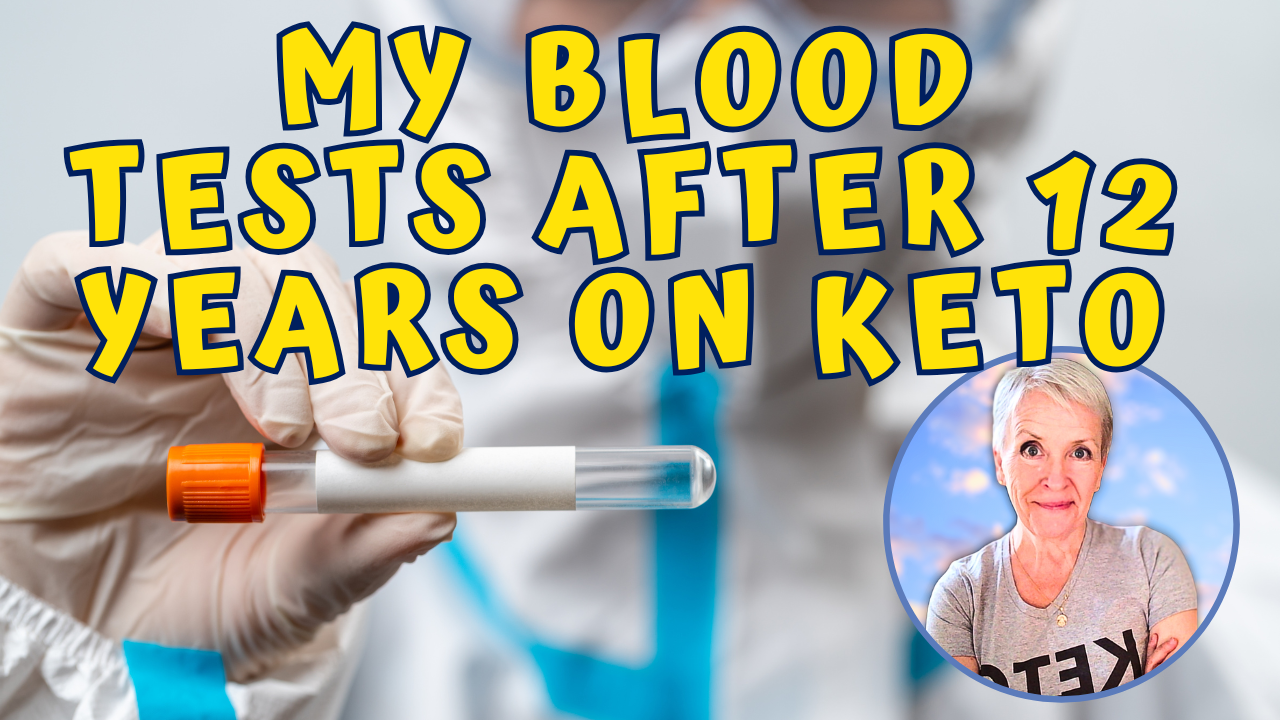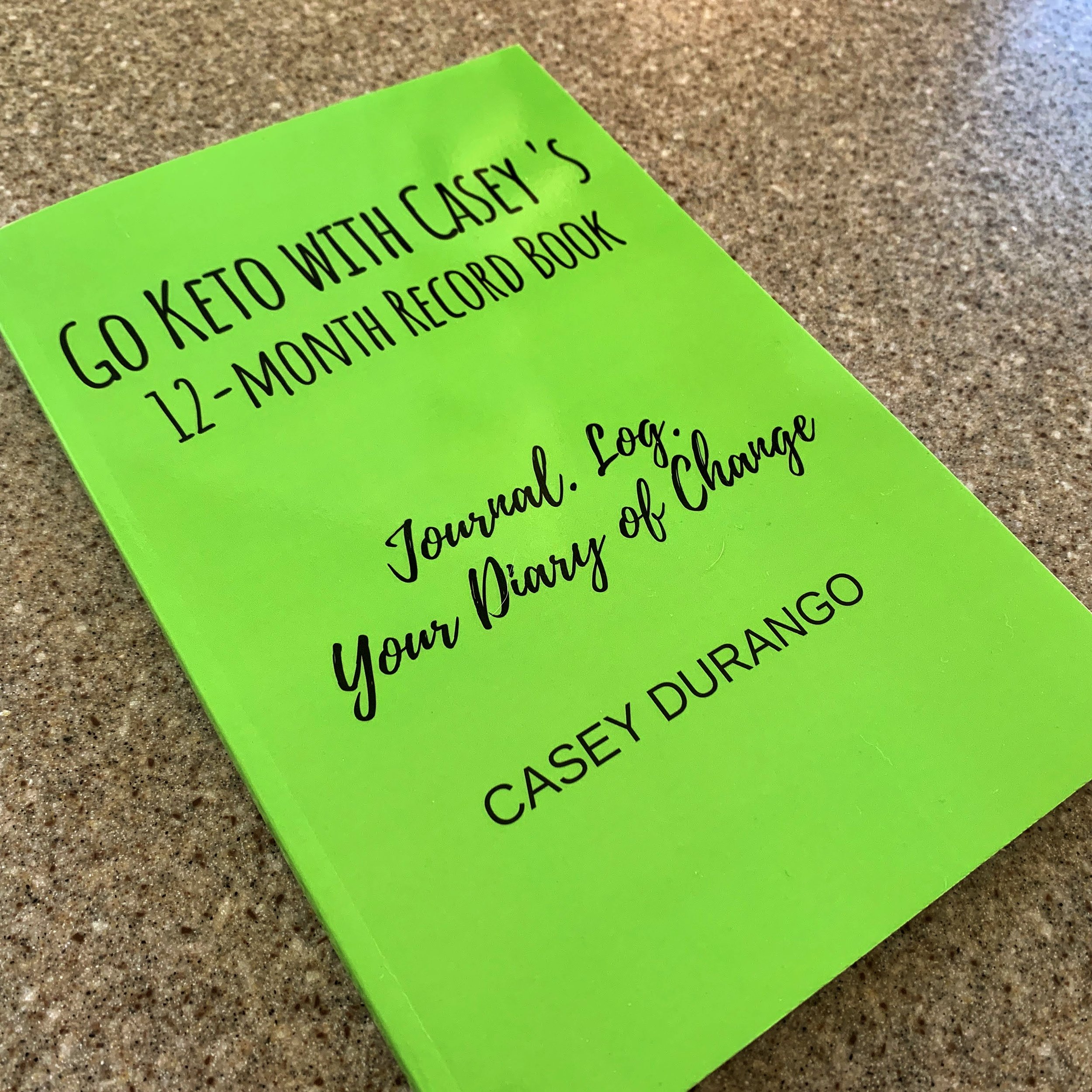So, Am I Healthy?
/Weight Loss Fluctuations (1.12.2026 to 1.18.2026)
When people found out that I was following a very low-carb diet all those years ago, there would often be questions from colleagues and friends. Some wondered how on earth I—or anyone—could give up bread (or pasta, or Hershey’s® Kisses, fries, peanut butter … you get the idea), while other people wondered how long I’d have to eat this way before I could return to ‘normal’ food. (??) But the grand master question was, “Aren’t you worried about all that fat cholesterol and wrecking your heart?”
I never felt that the interest was from anywhere other than genuine concern with a side order of cynicism that laying off carbs was doable. And someone conflating the ketogenic protocol with certain and sudden death is understandable when considering all the conflicting and confounding information floating around. (By the way, the ketogenic diet isn’t about ‘all that fat.’ It’s not high fat, just not low fat.)
Anywho, since I started following the diet for health reasons, having abandoned the idea of losing weight and ever being able to wear jeans smaller than size 24W, how my blood tests and health markers are is relevant. (And, side note: What’s up with the ‘W’? Do those of us wearing trousers in that numerical range really need to be advised that we require a ‘W’? They may euphemistically refer to that letter standing for ‘woman,’ but we know it stands for ‘wide.’ Sheesh.)
The bottom line is that, after 12 years of enjoying lovely, nutritious servings of fish, seafood, beef, pork, poultry, eggs, cheese, and all the goodness while eschewing pretzels, cookies, birthday cake, popcorn, tortilla chips, and the like, I am healthy. Really and truly. I just had a checkup, and my doctor, who was skeptical about the protocol, is thrilled. And quite complimentary. My blood pressure, glucose, vitamins, and electrolytes are all stellar. I have high HDL and low Triglycerides, both is what we want. Nothing hurts. I require no meds. Liver function, kidneys, blood count, check, check, check. I can write without hesitation or any exaggeration that I am—and feel—healthier than I did before I laid off the carbs. The difference between how I felt physically, emotionally, and mentally on January 7th, 2014 (the day before I started keto) and now can’t be compared. It’s like saying that then I lived on planet IckyandSad where the air smells of sulfur and the trees only have dead leaves, and that now I live … well, anywhere else would be better than that, right? But things are better. To my core.
Tomorrow is promised to no one, and I’m not about to become a harridan full of hubris about my health (how’s that for some alliteration?) because I’ve known ill health. But I feel much more in control of what lies ahead for me in that regard. And, ultimately, it’s our responsibility to do that.
I’m pleased. I feel good, and I no longer dread what is in store for my aging self. Twelve years ago, I did. Imagine that: Improving health as we age.
And if I can do this, you can do this. I promise.
Disclaimer: I’m not a medical doctor, researcher, or Ph.D., but instead, I’ve been fortunate to have had the time and resources to research the #ketogenic, or ‘#keto’ diet. The information I share is based solely on my understanding of that research. We are all responsible for our own choices, including what we put in our mouths, and there’s no substitute for each of us checking things out ourselves. And I’m not a medical professional in any way. Go Keto With Casey is not a medical site. “Duh,” you might say. But best to make it clear to all. I welcome questions, comments, and even civil criticism. I’m still learning. So, if you have something to add, go for it. Links in this post and all others may direct you to affiliate links, where I will receive a small amount of the purchase price of any items you buy through those links. Thanks!







